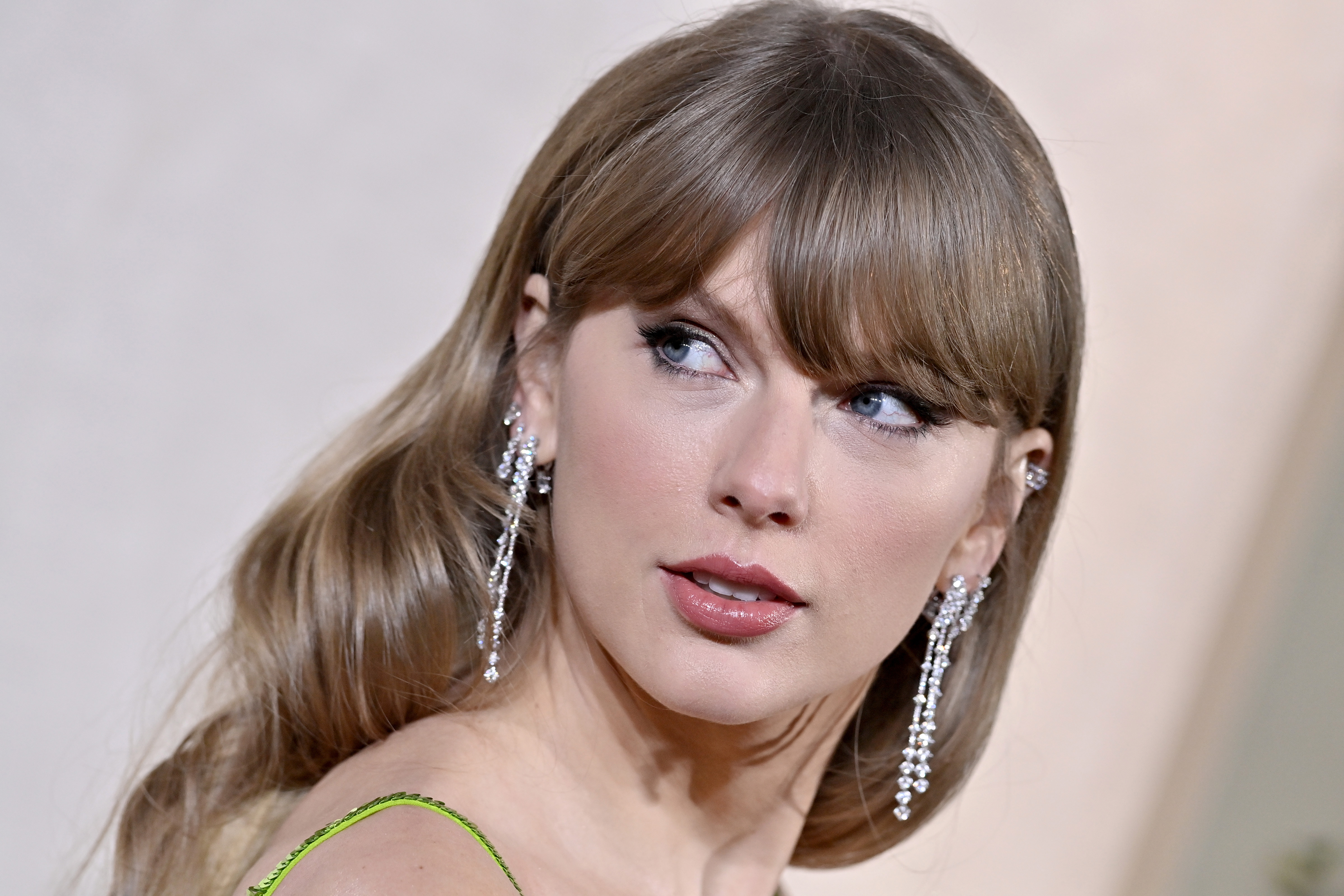As deepfake images of Taylor Swift spread quickly online earlier in the week, a group of high school students in New Jersey were all-too familiar with the nightmare it can be for the victim — and now they're working with a congressman to fight back.
By some estimates, the fake pornographic images of Swift were viewed more than 45 million times before they were taken off the X platform. The non-consensual, AI-generated photos of the popstar were repeatedly shared online, making international headlines.
But it doesn't just happen to celebrities. At Westfield High School several underage girls discovered fake nude photos of them, posted on group chats by their male classmates late last year.
Get Tri-state area news and weather forecasts to your inbox. Sign up for NBC New York newsletters.
"It’s been very difficult situation on the parent side and she was so fierce about it and she didn’t want to hear 'no,' so that’s why we are here," said Dorota Mani, whose 15-year-old daughter Francesca is now lobbying lawmakers in Washington D.C. to pass laws that would make it a federal crime to digitally alter photos to create fake pornographic images.
"I hope we can use this platform to talk about solutions and change the narrative, what can we do to make it better instead of pointing fingers," said Mani.
Francesca’s case has also inspired proposed laws that would require all images and video altered with AI to be labeled so people know it’s fake.
"It was devastating to hear and as a father of two daughters I can’t even imagine that happening," said Rep. Tom Kean, Jr. "We need to make sure we have the tightest laws that are keeping up with the technology and the legal accountability."
Kean is leading the charge to pass federal laws to stop nonconsensual AI pornography.
"We need the transparency that these are falsely generated images and these people are victims of these image creations," Kean said. "Make sure the legal penalties are strengthened so we can protect any potential victims and penalize the people who are doing this."
As for Swift, her team is apparently considering legal action — and her fans are pushing back as well, flooding the X platform with the Protect Taylor Swift hashtag.
Momentum is building to fight back against AI-generated deepfakes, which primarily target girls and young women. But finding the people responsible in the corners of the dark web is unquestionably a challenge.
The Preventing Deepfake Images act has bipartisan support in Washington, but until the law catches up with technology, parents are urged to speak with their children about keeping social media profiles private so their images don’t wind up in the wrong hands.




